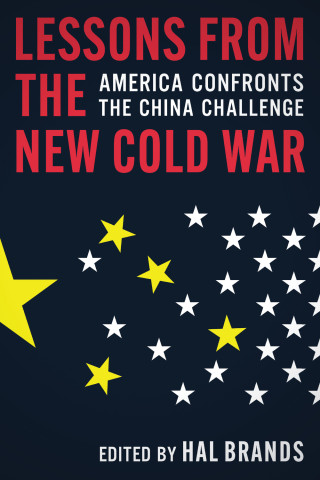
Reviews
By drawing on a broad range of primary and secondary material and utilizing diverse methodological and analytic perspectives this book offers an in-depth survey of different aspects of US-Iran relations. A timely publication and welcome addition to scholarship.
Republics of Myth is an outstanding and balanced review of the difficult relationship between Americans and Iranians. Based on unique research, this timely book addresses the grievances of both sides and pays special attention to the Iran-Iraq War.
This is a detailed, enlightening history of the troubled U.S.-Iran relationship since World War II, which explains why these two countries' adversarial national narratives persist, based on documents and discussions with and among some of the decision makers on both sides of the divide. A thoroughly engrossing read.
Book Details
Acknowledgments
Acronyms
Introduction. Foundations of a Conflict
1. The Narrative Trap
2. The Fraught US-Iran Relationship, from Mosaddeq to Khomeini
3. The Iran-Iraq War
4. Rafsanjani and the Post-Khomeini
Acknowledgments
Acronyms
Introduction. Foundations of a Conflict
1. The Narrative Trap
2. The Fraught US-Iran Relationship, from Mosaddeq to Khomeini
3. The Iran-Iraq War
4. Rafsanjani and the Post-Khomeini Order
5. Khatami and the Possibility of Dialogue
6. The Shadow of Khobar in Washington
7. Bush in the Khatami Era
8. The Iraq War and Its Consequences
9. The Nuclear File under Bush 43
10. Obama Enters
11. Rouhani, Zarif, and the Nuclear Deal
12. Trump and Regeneration through Violence
Conclusion. Narratives and National Interests
Notes
About the Authors
Index






